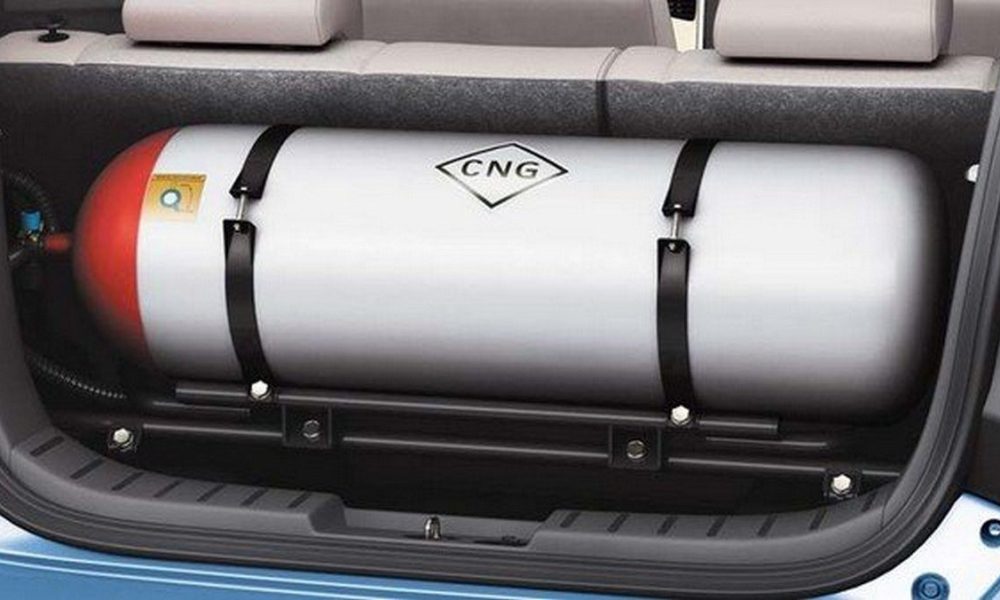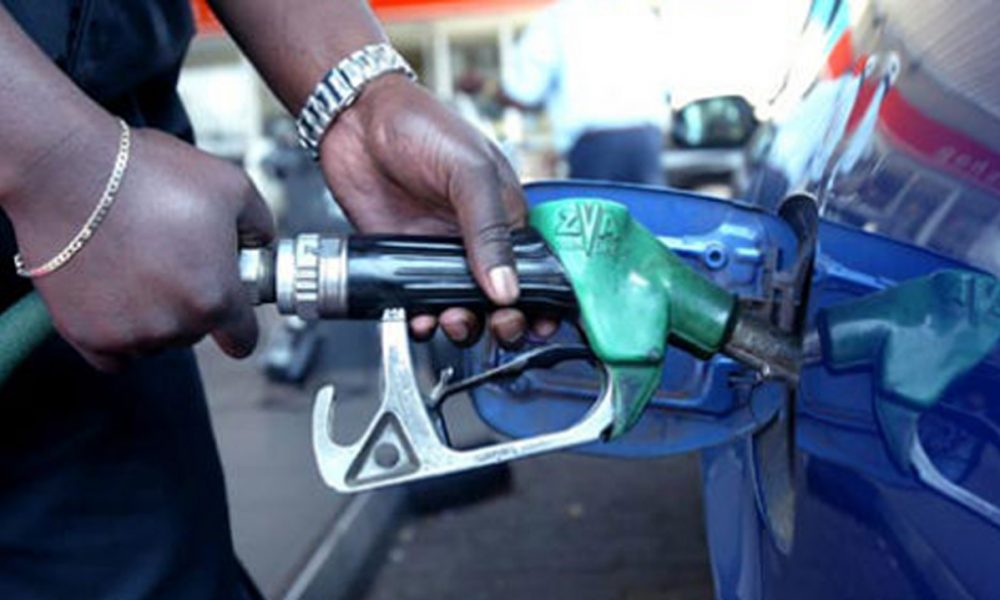Federal Government Sets Ambitious Target to Boost Nigeria’s Compressed Natural Gas (CNG) Conversion
In a bid to drive progress and sustainability, the federal government has announced an ambitious plan to increase Nigeria’s Compressed Natural Gas (CNG) conversion by a remarkable 733%. By June 2025, the government aims to achieve a conversion rate of 250,000, up from the current 30,000 as of October 2024.
This initiative, known as the Presidential CNG Initiative (Pi-CNG), is a key pillar of President Bola Ahmed Tinubu’s administration, aimed at addressing pressing energy and environmental concerns.
According to Engr. Zayyanu Tambari, the Regulatory & Compliance Coordinator for Pi-CNG, the program has already gained significant traction. By 2027, the conversion rate is expected to expand by over 3,000%, reaching a total of 1,000,000 conversions, up from the current 30,000.
As of now, the program enjoys the support of 100 partners, with plans to add 50 more by March 31, 2025, and 200 by June 30, 2025. Tambaru discussed his vision during the virtual event “Driving the Energy Transition: CNG Conversion,” hosted by the Major Energies Marketers Association of Nigeria (MEMAN).
Zayyanu revealed that 85 CNG buses have been delivered to four cities – Abuja, Lagos, Ibadan, and Ilorin – with 20 buses allocated to each city. Additionally, five buses were distributed to other regions across the country.
Tambari emphasized the safety of CNG and announced the upcoming launch of the Nigeria Gas Vehicle Monitoring System (NGVMS) to enhance safety protocols. He also highlighted plans to introduce nine new CNG refuelling stations in September 2024 and facilitate the concession of tricycle routes in their vicinity to support an additional 2,000 tricycles in 2024, with three states already activated.
todate, the Presidential CNG Initiative has made significant progress, including the launch of local manufacturing of CNG kits and cylinders and CNG GREEN Financing Initiative, set to bridge the infrastructure gap. In November and December 2024, the agency aims to launch a finance scheme for the refuelling add-on program and complete 100,000 conversions, paving the way to achieve the one-million-mark target.
The Deputy Operations Manager of NIPCo, Ujiadugbeli Nosiediana, shared his expertise, highlighting the company’s long history of supporting the nation’s CNG conversion, stating, “NIPCo has been at the forefront of the nation’s CNG conversion for several years, having pioneered auto-CNG distribution for automobiles in Nigeria and providing economical fuel to the masses.”
Currently, NIPCo operates 19 CNG stations, including four mother stations, which feed CNG to daughter booster stations across Nigeria. The company also has five conversion workshops operational in Benin City, Ibafo, Abuja, and Ibadan, converting PMS vehicles to CNG.
Engr. Olalekan Omoniyi, the Deputy Director of the Standards Development Coordination Division at the Standards Organisation of Nigeria, emphasized the importance of establishing standards for the conversion to CNG, ensuring the safety of lives and properties. He reiterated that regulators must obtain relevant standards on the management and handling of CNG equipment and components and train stakeholders on standard requirements and compliance.
He added, “Regulators are encouraged to obtain relevant standards on the management and handling of the CNG equipment and components. SON training is available to train stakeholders on standards requirements and compliance. SON and partner regulatory agencies must ensure the enforcement of the Pressure Certificate Plate. Certificate of personnel and conversion centers should be carried out before conversion centers are granted approval to operate as stipulated in the Nigerian national Guide NNG 1214: 2024 – Autogas (CNG) Conversion kits – Guideline for installation of specific components for the use of CNG in their propulsion system.”



